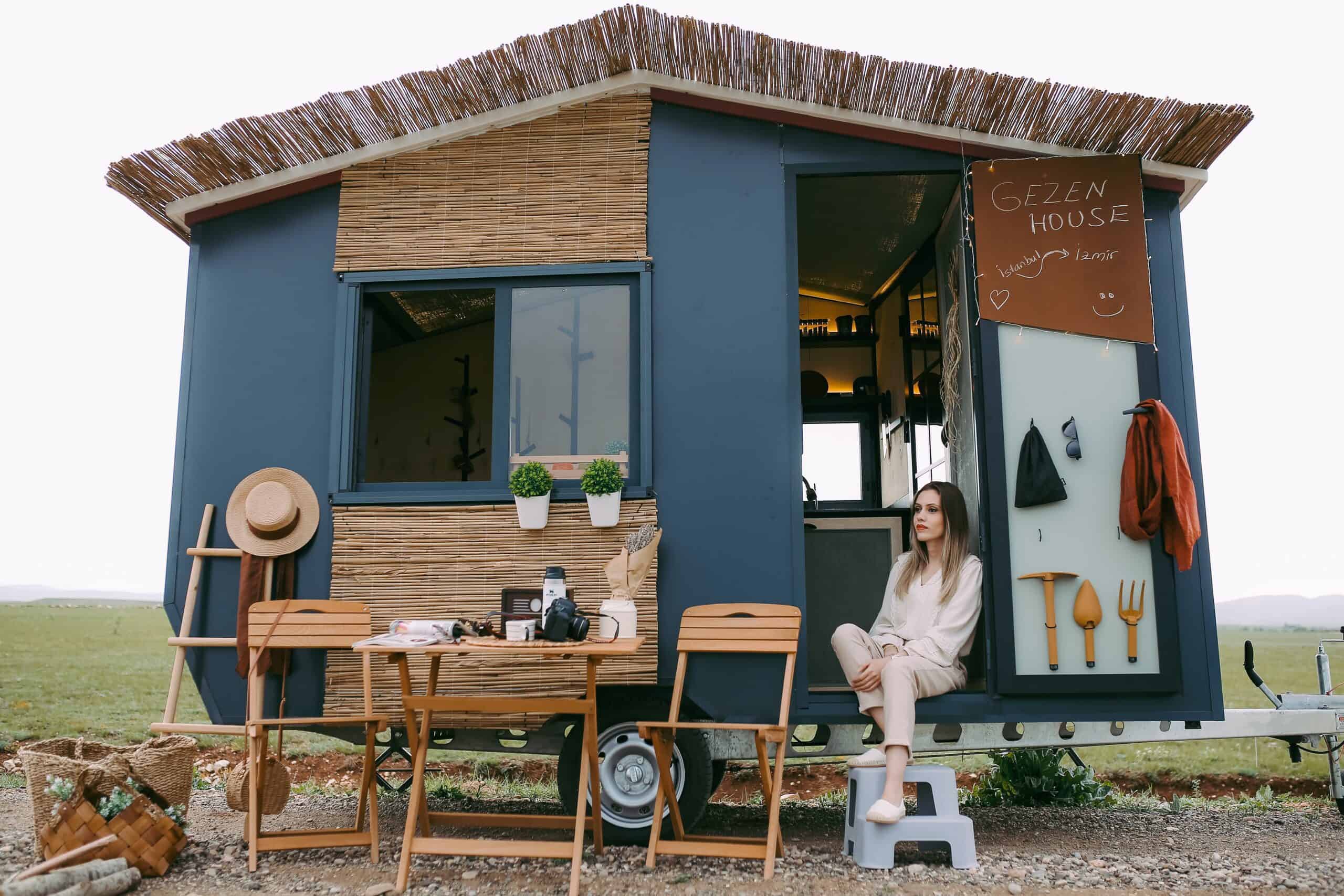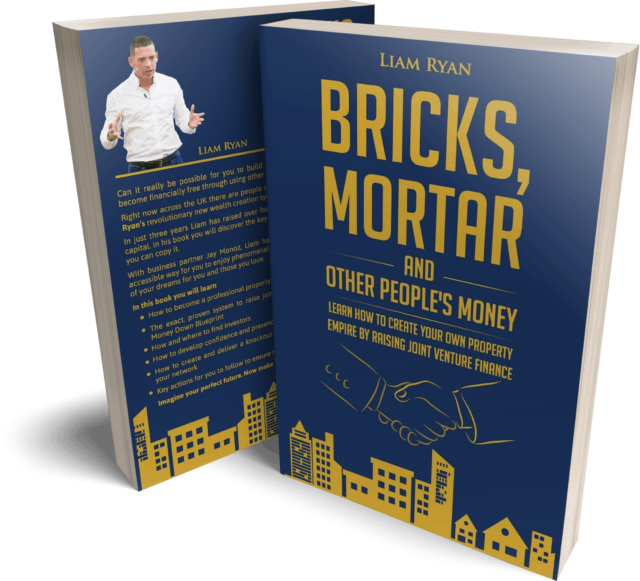Discover the best UK cities to invest in property in 2026, with strong rental demand, high yields, regeneration and growth potential.
Read More
Are you tired of the traditional way of living in a big house with all the high bills, and commuting every day to work? You might want to consider an off-grid living lifestyle in a tiny home. With this way of living, you’ll not only be able to save money, but you’ll also have the chance to live more sustainably and self-sufficiently in a small space. If you’re curious about off-grid living in a tiny home, keep reading.
Table of Contents
ToggleLiving off-grid in a tiny home comes with numerous benefits that you can’t get from living in a traditional home. First, you’ll save money on monthly bills such as electricity and heating costs since you’ll be generating your energy and using eco-friendly heating methods like wood stoves. Second, you’ll produce less waste since you won’t have as much space to accumulate stuff, and you can compost your organic waste. Lastly, living in a small space means you’ll consume less, which will reduce your carbon footprint.
One of the essential things to consider when living off-grid in a tiny home is generating energy. You can install solar panels on your roof or invest in wind turbines to generate electricity. Additionally, you can use generators as a backup energy source during the winter months when there isn’t enough sun or wind. You’ll also need to invest in batteries to store the power generated during the day.
Living off-the-grid means you won’t have the luxury of plumbing services or water supply network. Therefore, you’ll need to have a reliable and sustainable water source. One of the solutions is to collect rainwater in a tank and use it for household purposes. You can also drill a well and extract water that way. Besides, you’ll need a water filtration system to purify the water and make it safe for consumption.
Since you’ll be living in a tiny home, space becomes a significant consideration when disposing of waste. You’ll need to plan on how to manage your waste effectively. For instance, you can compost the organic waste in a composting toilet. Additionally, you can recycle any non-organic waste and dispose of it properly. If you live in an area with designated landfills, you can also use them to dispose of your waste.
Before starting with your off-grid tiny home project, you need to consider building codes and permits. Most local authorities have regulations regarding the construction and location of tiny homes. Make sure you familiarise yourself with these regulations before beginning construction. It’s also necessary to have a good relationship with your neighbours since they’ll be the first ones to notice any violations.
Off-grid living in a tiny home offers a unique opportunity for those who want to live sustainably and self-sufficiently while saving money. Nonetheless, it’s essential to plan and do proper research to ensure everything runs smoothly. Generating energy, water sources, waste disposal, and building codes and permits are some of the considerations that will help you live off-grid in a tiny home sustainably and self-sufficiently. Are you ready to take the plunge and embrace off-grid living in a tiny home?
If you’re unsure of what to look for when visiting properties get your own checklist here.
Discover the best UK cities to invest in property in 2026, with strong rental demand, high yields, regeneration and growth potential.
Read MoreThinking of selling your buy-to-let? Learn how to time the market, manage tax and maximise equity with expert landlord advice.
Read MoreDiscover UK planning permission loopholes, permitted development rights and when you can extend, convert or renovate without consent.
Read MoreLearn what the Bank of England base rate is, how it’s set, and how changes can impact buy-to-let mortgages and property investors.
Read More
Claim Your Free Copy
Assets For Life LTD is a company incorporated in England and Wales with registered number 09935286 and registered offices at Assets for Life Ltd, Suite 105, Waterhouse Business Centre, 2 Cromar Way, Chelmsford, Essex, England, CM1 2QE, United Kingdom.
Assets For Life LTD is registered with the Information Commissioner’s Office, with registration number ZA280607
COPYRIGHT © 2024 ASSETS FOR LIFE, ALL RIGHTS RESERVED. WEBSITE BY AMPLIFY MARKETING